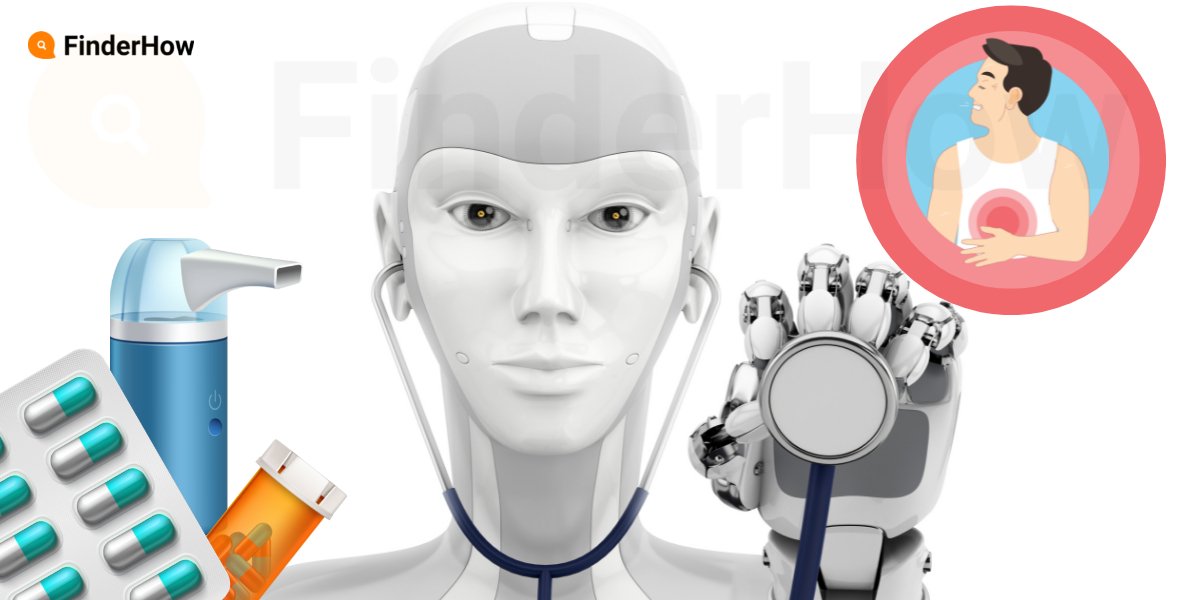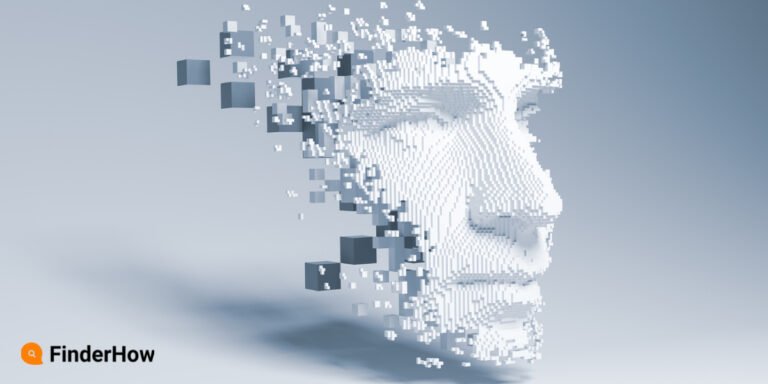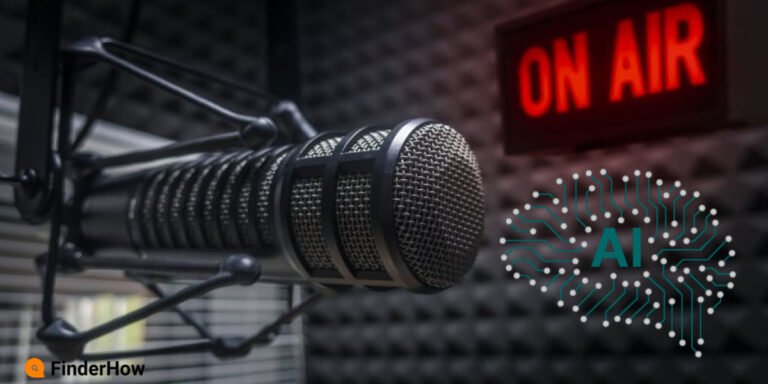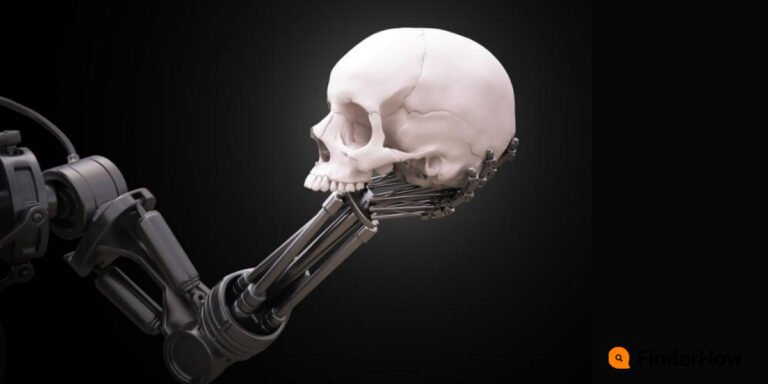10 Reasons to Trust Artificial Intelligence (AI) Doctors
The development of Artificial Intelligence (AI) doctors has been a significant breakthrough in the healthcare industry. AI doctors are designed to assist medical professionals in diagnosing and treating patients. However, the question remains whether the first Artificial Intelligence (AI) doctors can be trusted.
The answer to this question is not straightforward. The trustworthiness of an Artificial Intelligence (AI) doctors depends on various factors, including the quality of data used to train the system, the algorithms used, and the level of human oversight.
One of the main concerns with Artificial Intelligence (AI) doctors is their ability to make accurate diagnoses. While AI doctors have shown promising results in some studies, they are not infallible. In some cases, they may misdiagnose a patient or fail to identify a condition altogether. Therefore, it is essential to have human oversight to ensure that the AI doctor’s diagnosis is accurate.
Another concern with AI doctors is their ability to maintain patient privacy and confidentiality. Medical data is highly sensitive and must be protected at all times. Therefore, it is crucial to ensure that the AI doctor complies with all relevant data protection laws and regulations.
Despite these concerns, there are several reasons why the Artificial Intelligence (AI) doctors can be trusted.
1. Accuracy:
Artificial Intelligence (AI) doctors are programmed to analyze vast amounts of data and provide accurate diagnoses based on that data. They can process information much faster than human doctors, which means they can make more accurate diagnoses.
2. Consistency:
Artificial Intelligence (AI) doctors are consistent in their diagnoses and treatment recommendations. They don’t get tired or make mistakes due to fatigue or stress, which can happen with human doctors.
3. Accessibility:
Artificial Intelligence (AI) doctors can be accessed from anywhere in the world, making healthcare more accessible to people who live in remote areas or who have limited access to healthcare facilities.
4. Efficiency:
Artificial Intelligence (AI) doctors can process patient data much faster than human doctors, which means they can see more patients in less time.
5. Personalization:
Artificial Intelligence (AI) doctors can personalize treatment plans based on a patient’s unique medical history and health status.
6. Reduced errors:
Artificial Intelligence (AI) doctors can reduce errors in diagnosis and treatment by eliminating human error.
7. Improved outcomes:
Artificial Intelligence (AI) doctors can improve patient outcomes by providing more accurate diagnoses and personalized treatment plans.
8. Continuity of care:
Artificial Intelligence (AI) doctors can provide continuity of care by tracking a patient’s medical history and providing consistent treatment recommendations over time.
9. Transparency:
AI doctors provide transparency in their decision-making process, allowing patients to comprehend the basis of their diagnosis and the rationale behind the suggested treatment plan.
10. Cost-effective:
Artificial Intelligence (AI) doctors can reduce healthcare costs by eliminating the need for unnecessary tests and procedures.
In conclusion
AI doctors can help address the shortage of medical professionals in some areas by providing remote consultations and diagnoses. Although concerns exist regarding the trustworthiness of AI doctors, there are numerous reasons to trust them. Nonetheless, it is crucial to maintain human oversight and protect patient privacy and confidentiality at all times.







